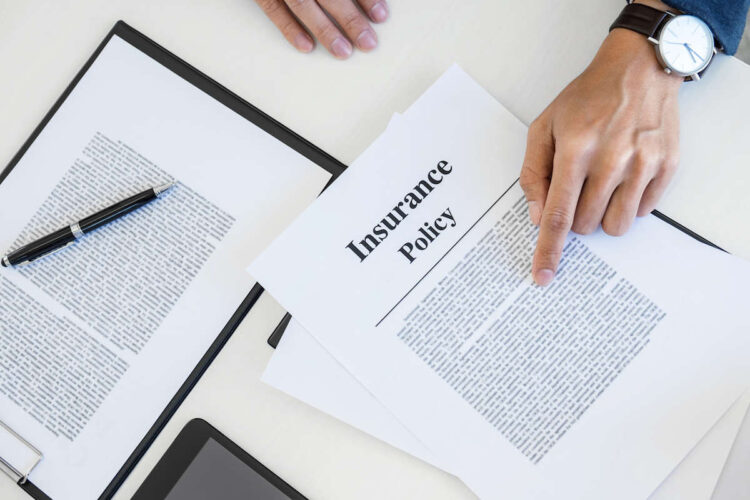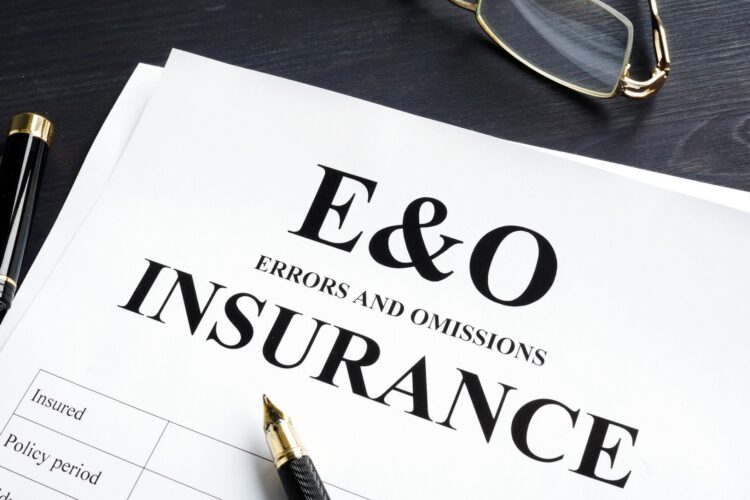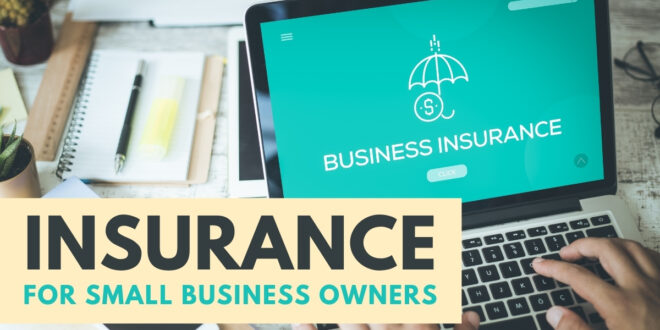Skimping on business insurance is among the costliest errors that can be made by a company. Without suitable coverage, organizations can find themselves liable for thousands of dollars to compensate for losses resulting from unforeseen events or litigation. Without insurance, theft and burglary, which have impacted a number of businesses of varying sizes, cost $8000 on average. More severe events can add up rapidly to several times this amount. For example, fire damage results in average losses amounting to $35,000, whereas reputational harm typically costs somewhere in the region of $50,000.
There are some business owners who believe that if insurance is not a requirement of the law, then it is not a necessity. Sadly, this could not be further from reality. For instance, if your personal car is being used for business purposes, you are required to have commercial auto coverage because the personal policy will not cover anything that takes place throughout business hours. In addition to this, a number of states actually require businesses to have particular types of insurance that could include liquor liability and workers’ compensation. Below are 5 important types of insurance for a small business.
1. General Liability Coverage

This type of insurance is crucial for your business. The policy provides coverage for third-party injuries like customer slip and fall. Additionally, it compensates for damage to third-party property. On average, the cost of customer damage or injury claim is $30,000. This a huge amount of money to pay out of pocket should an individual sustain injury at your place of business. With general liability, you are covered for many third-party instances, including:
- Someone trips over the power tool cord.
- A partygoer burns his or her hand on a warming dish supplied by your catering business.
- A client slips and falls on the freshly mopped floors of your shop.
- A delivery guy unintentionally runs over brand-new landscaping.
- An employee inadvertently leaves the water running, which leads to the basement of the client flooding.
Things could get quite costly if your small business is responsible for property damage or third-party injury. An extremely litigious society exists today; therefore, there is a real chance that you could be sued by a customer if they sustain injury or damaged because of your business or on your premises.
Typically, commercial general liability policies provide coverage for the costs associated with legal defense, such as court costs, attorneys’ fees, and even resulting damages, which are paid up to your policy limits. Usually included in standard general liability coverage are:
- Personal and Advertising Injury
This protects against particular offenses like slander, libel, false arrest, use of someone else’s advertising ideas or copyright infringement.
- Property Damage and Bodily Injury
- This protects against damage to third-party properties or losses resulting from bodily injury liability (not your employees).
2. Commercial Property Coverage

Four out of 5 of the most commonplace business claims are covered under commercial property insurance. Whether you own or rent your business property, the cost of theft and burglary or fire-related, water-related or weather-related damage can add up quite quickly.
Commercial property policies provide coverage against damage done to buildings and their contents resulting from a covered loss, which include:
- Fire
- Explosions
- Lightening
- Vandalism
- Windstorms or hail
- Smoke damage
3. General Liability Plus Commercial Property Equal BOP Insurance

A BOP or Business Owner’s Policy is basically an insurance policy that blends protection from all the significant risks of general liability and commercial property into a single package. Essentially, it can be viewed as coverage against the claims most likely to be faced by your business. Typically, BOP policies include:
- Liability insurance should your company be deemed responsible for personal or advertising injuries, property damage, or third-party injury.
- Property insurance for the personal property and buildings owned by your business.
- Business interruption insurance provide coverage for the loss of income deriving from a covered event like a fire or weather-related issue.
The cost-saving component is the biggest advantage of getting BOP insurance for your business. When one combined policy wraps up all of these coverages, it normally costs less when compared to buying them separately.
A BOP might not provide all the insurance protection required for your business needs – it will not provide coverage for your workers, professional errors and omissions, or your automobiles – however, it can provide coverage against the most commonly made insurance claims made against a small business. Not many insurance companies offer this type of policy, so speak with smartbusinessinsurance.com.au can guide you to an appropriate policy for the right coverage. If you are the operator of a small or midsize business in an industry viewed as low risk, this type of policy could provide an affordable solution.
4. Errors and Omission Insurance

In the business world, this type of insurance is sometimes called malpractice insurance. With errors and omission insurance, your company is protected against claims of unsatisfactory work or negligence. This policy could include legal advice and legal fees. In addition, errors and omission insurance is vital if your business is in the legal or financial services field.
5. Employment Practices Liability Insurance

Commonly referred to as EPLI or EPL, this insurance provides coverage for employers against employee allegations. Included among these could be harassment, wrongful termination, and discrimination. It is essential that you make sure that this policy provides coverage for defense costs for allegations concerning wage and hour. This type of insurance is quite common for large corporations, frequently small businesses are a lot more vulnerable to these employee lawsuits, which makes this insurance important. Particularly as a risky grey area is often left as small businesses typically do not have detailed handbooks with company policies and expectations.
A number of business owners mistakenly believe that they do not need all of this insurance. They believe that most claims will be covered by the general liability business insurance. Nowadays, business insurance is specific regarding what will be included and no one insurance type will provide coverage for a business for all types of claims. As such, it is wise to have a comprehensive suite of business insurance.
 Hi Boox Popular Magazine 2024
Hi Boox Popular Magazine 2024



